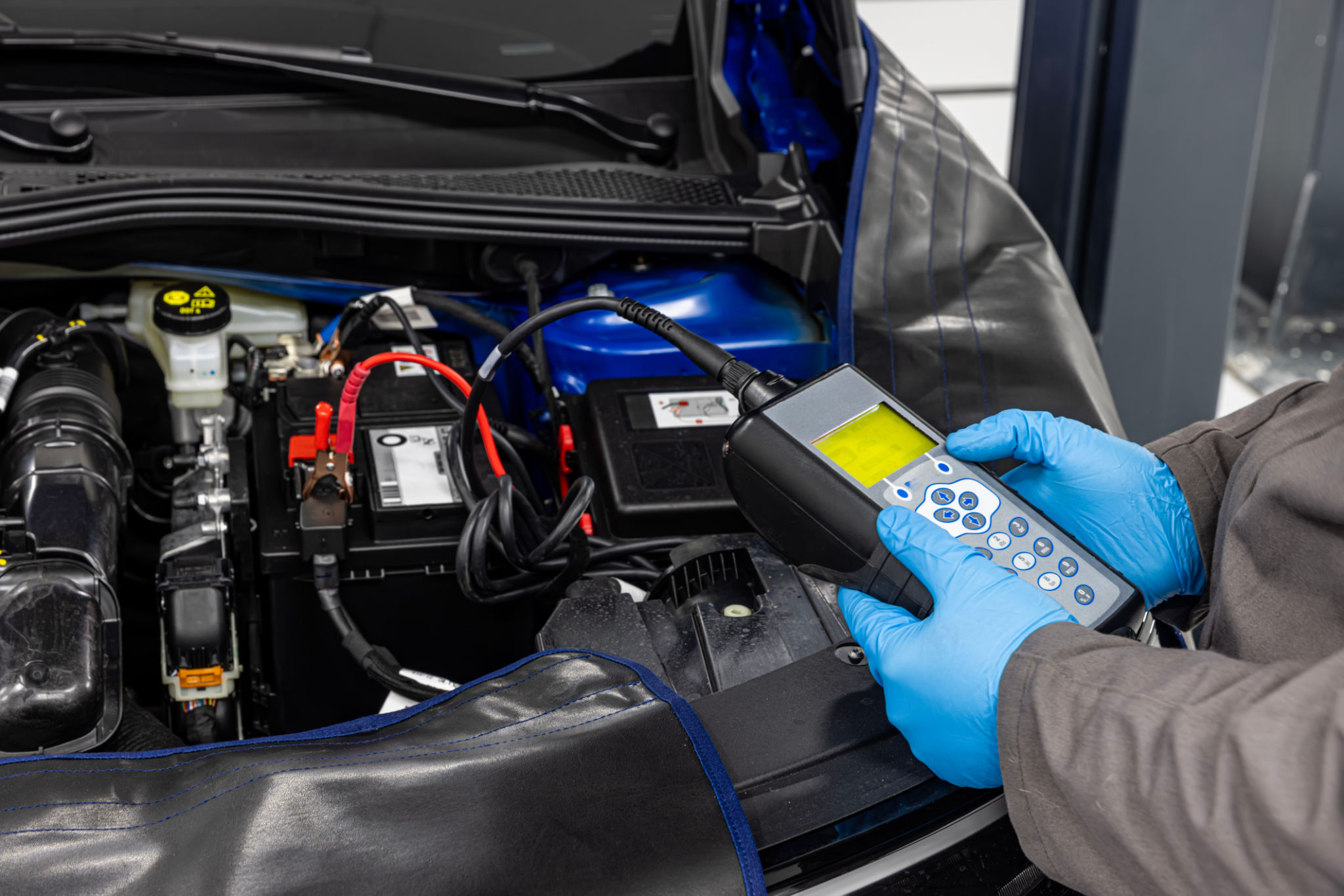Myth-Busting: Common Misconceptions About Car Repair
RM
Understanding Car Repair: Debunking Common Myths
When it comes to car repair, many drivers find themselves overwhelmed by the plethora of advice and information available. Unfortunately, not all of this information is accurate. In fact, some common misconceptions can lead to unnecessary stress and expenses. Let’s explore and debunk some of these myths to help you make informed decisions about your vehicle's care.

Myth 1: You Must Visit the Dealership for Repairs
One of the most pervasive myths is that you must take your car to the dealership for repairs to keep your warranty valid. In reality, the Magnuson-Moss Warranty Act protects consumers, allowing you to have your vehicle serviced by any qualified mechanic without voiding the warranty. The key is to keep accurate records of all maintenance and repairs.
Independent repair shops often provide quality service at a lower cost compared to dealerships. These shops are run by experienced professionals who can handle a wide range of issues while offering personalized service. As long as the shop uses parts that meet OEM standards, your warranty remains intact.

Myth 2: Premium Gas Improves Performance in All Cars
Another common misconception is that using premium gasoline will enhance the performance of any vehicle. While premium gas has a higher octane rating, it is specifically designed for engines that are built to handle higher compression ratios. For cars not requiring premium fuel, using it offers no significant benefits and can be a waste of money.
Always refer to your car’s owner’s manual to determine the recommended fuel type. Sticking to the manufacturer’s recommendations ensures optimal performance and efficiency without unnecessary expenses.
Myth 3: You Need to Change Your Oil Every 3,000 Miles
The 3,000-mile oil change rule has been ingrained in car care culture for decades, but it’s not universally applicable today. Advances in both engine technology and oil formulations mean that many modern vehicles can go 5,000 to 7,500 miles between oil changes. Some even extend up to 10,000 miles with synthetic oils.

Check your owner’s manual for the manufacturer’s recommended oil change interval. Following these guidelines ensures your engine remains healthy while saving you time and money.
Myth 4: All Parts are Created Equal
Not all car parts are created equal, and opting for the cheapest option can sometimes lead to more issues down the line. While aftermarket parts can be a viable alternative, it’s crucial to ensure they meet or exceed OEM specifications. Quality parts often come with better warranties and reliability.
When selecting replacement parts, consider consulting with a trusted mechanic who can provide advice on the best options for your vehicle, balancing quality with cost-effectiveness.
Myth 5: Your Car Battery Will Last Forever
Some drivers assume their car battery will last indefinitely, but the reality is that most car batteries have a lifespan of 3-5 years. Factors such as climate, driving habits, and regular maintenance play a significant role in battery longevity.

Regularly inspecting your battery and ensuring its terminals are clean can extend its life. Additionally, if you notice signs of a weakening battery such as slow engine crank or dim lights, it may be time for a replacement.
By understanding and debunking these common car repair myths, you can make more informed decisions about maintaining your vehicle. Remember, when in doubt, consult with a knowledgeable mechanic who can provide professional advice tailored to your car's needs.